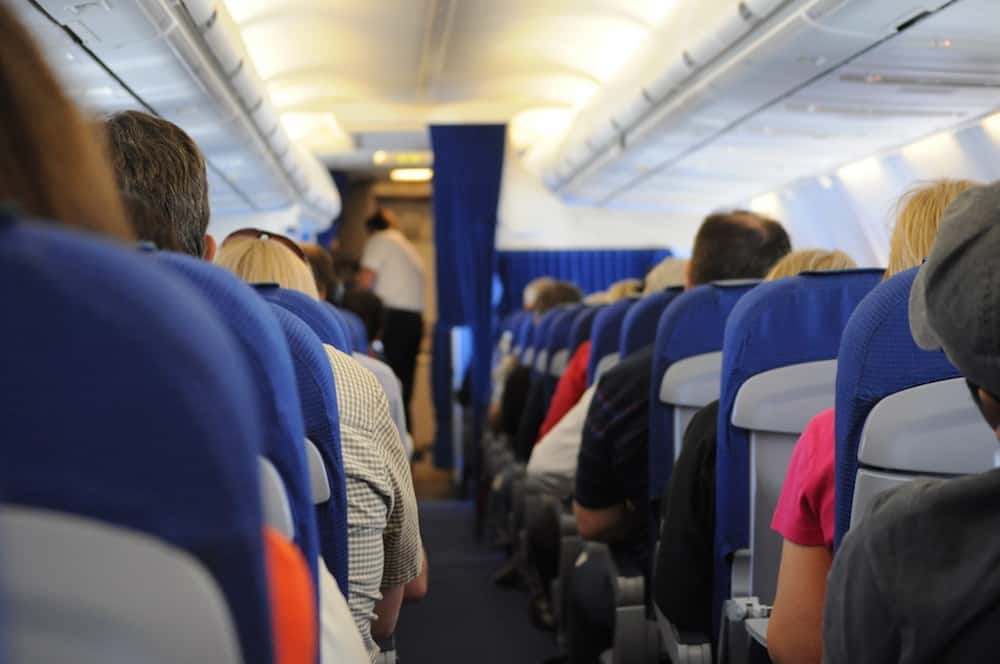
The meetings industry stood up against human trafficking this year at annual conferences, releasing ways to spot it and report it. And now, airlines and the employees who run them are speaking out on sexual harassment, especially with reported cases of in-flight sexual assault on the rise.
The FBI reported 38 cases of in-flight sexual assault in fiscal year 2014, with numbers almost doubling to 63 in the last fiscal year. And a recent survey from the Association of Flight Attendants reported that more than two-thirds of flight attendants in the U.S. have experienced sexual harassment during their flying careers, with one in five reporting they experienced physical sexual harassment from passengers in the last year alone. One in five also reported having an assault reported to them or witnessing a passenger being sexually assaulted.
At 36,000 feet, there’s literally nowhere to go if you’re dealing with in-flight sexual harassment on an airplane. That’s why the FBI released these precautions earlier this year that could help attendees who fear being sexually harassed on their way to or from a meeting.
- Trust your gut. Offenders will often test their victims, sometimes pretending to brush against them to see how they react or if they wake up. If this happens, ask to be moved or remain alert in case it happens again.
- Recognize that mixing alcohol with sleeping pills or other medication on an overnight flight increases your risk.
- If your seatmate is a stranger, no matter how polite he or she may seem, keep the armrest between you down.
- If you are arranging for a child to fly unaccompanied, try to reserve an aisle seat so flight attendants can keep a closer watch on them.
- If an incident happens, report it immediately to the flight crew and ask that they record the attacker’s identity and report the incident.










